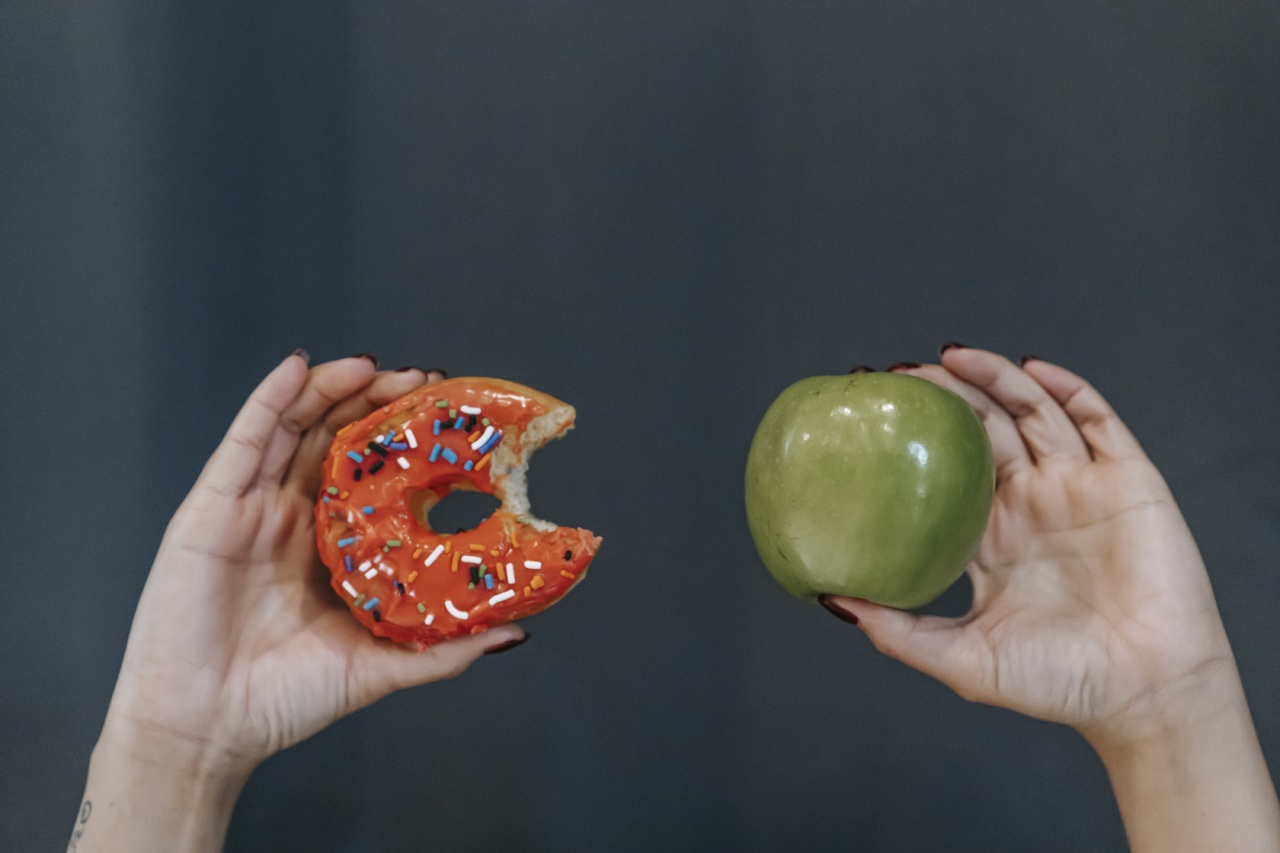Breast cancer is the leading cause of cancer death among women worldwide. The incidence of breast cancer is increasing globally, and it affects women of all ages. However, the risk of developing breast cancer is higher in older women.
Despite this fact, breast cancer can also occur in young women.
Young women with breast cancer often have a genetic predisposition to the disease. However, lifestyle factors, such as diet, can also increase the risk of developing breast cancer.
The Role of Diet in Breast Cancer
Diet plays a critical role in breast cancer. Studies suggest that certain foods and nutrients can increase the risk of developing breast cancer, while others may have a protective effect.
One of the main ways that diet can increase the risk of breast cancer is by affecting hormone levels. Many breast cancers are hormone-sensitive, meaning that they are fueled by estrogen and/or progesterone.
Certain foods and nutrients can change hormone levels in the body, which can increase the risk of breast cancer.
Foods and Nutrients That Increase the Risk of Breast Cancer
Several foods and nutrients have been linked to an increased risk of breast cancer:.
1. Red and Processed Meats
A diet high in red and processed meats has been linked to an increased risk of breast cancer. Processed meats, such as hot dogs, bacon, and sausage, are particularly worrisome.
These meats contain nitrates and other chemicals that can increase the risk of cancer.
2. Alcohol
Drinking alcohol is another factor that can increase the risk of breast cancer. The more alcohol a woman drinks, the higher her risk of breast cancer.
Women who drink two to three drinks per day have a 20% higher risk of breast cancer than women who do not drink alcohol.
3. High-Fat Diets
Diets high in fat, particularly saturated fat, have been linked to an increased risk of breast cancer. Studies suggest that a diet high in fat can increase hormone levels in the body, which can promote the growth of breast cancer.
4. Sugar
High levels of sugar in the diet have also been linked to an increased risk of breast cancer. Sugar intake can contribute to obesity, which is a risk factor for breast cancer.
Additionally, high levels of sugar in the blood can increase insulin levels, which can stimulate cancer growth.
Foods and Nutrients That May Reduce the Risk of Breast Cancer
Although certain foods and nutrients can increase the risk of breast cancer, others may have a protective effect:.
1. Fruits and Vegetables
Fruits and vegetables are rich in vitamins, minerals, and antioxidants, which can protect against cancer. Studies suggest that women who eat a diet high in fruits and vegetables have a lower risk of breast cancer.
2. Whole Grains
Whole grains, such as brown rice and whole wheat bread, are high in fiber. Fiber can help to remove excess hormones from the body, which can reduce the risk of breast cancer.
3. Omega-3 Fatty Acids
Omega-3 fatty acids, found in fatty fish, nuts, and seeds, have anti-inflammatory properties. Chronic inflammation has been linked to an increased risk of cancer, so consuming foods high in omega-3 fatty acids may be protective.
4. Vitamin D
Vitamin D is essential for strong bones and a healthy immune system. Studies suggest that low levels of vitamin D may increase the risk of breast cancer.
Conclusion
Diet plays a critical role in breast cancer. Certain foods and nutrients can increase the risk of breast cancer, while others may have a protective effect.
Red and processed meats, alcohol, high-fat diets, and sugar have all been linked to an increased risk of breast cancer. On the other hand, a diet high in fruits and vegetables, whole grains, omega-3 fatty acids, and vitamin D may reduce the risk of breast cancer.































